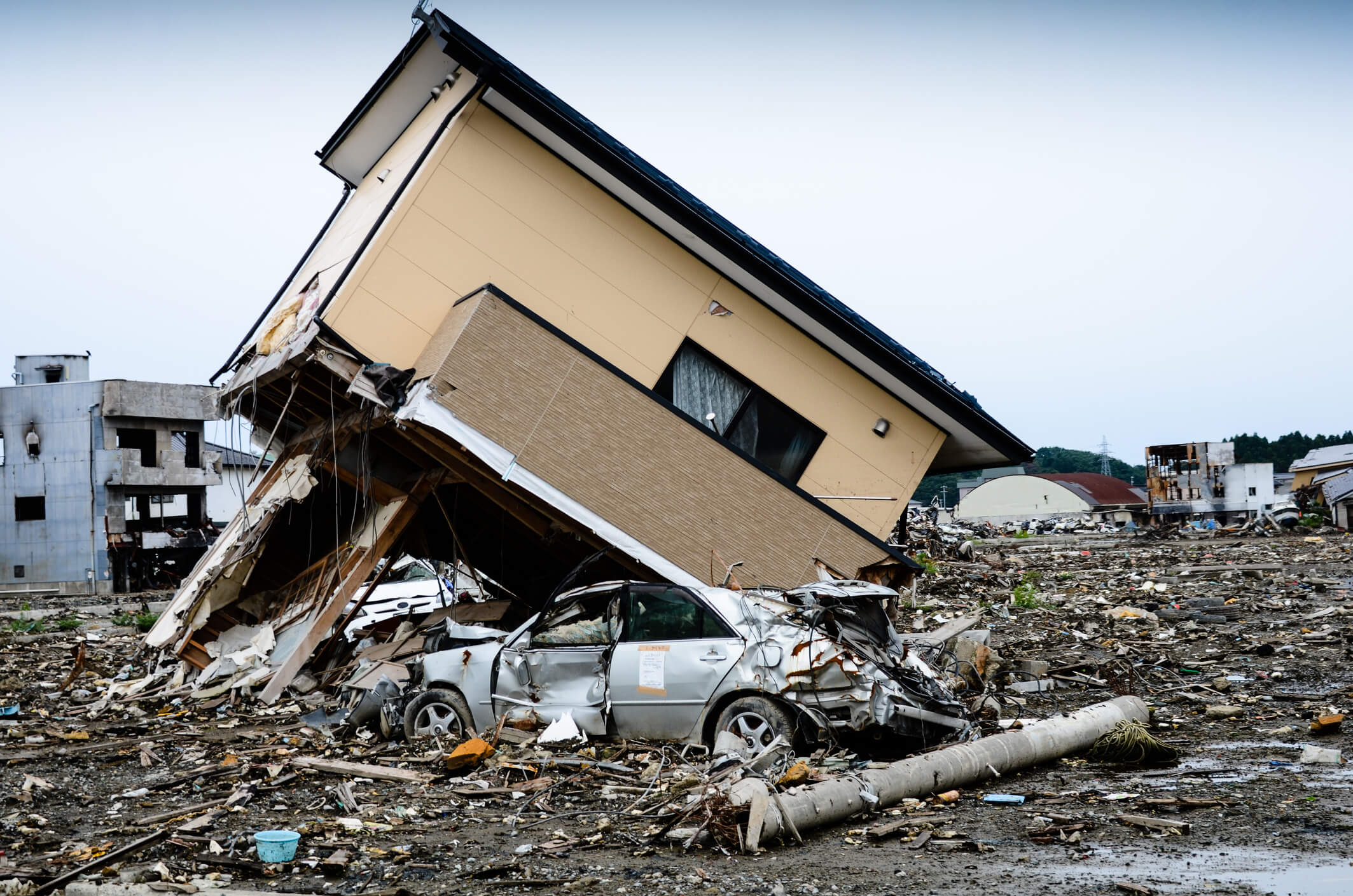
Last Updated: 12 Jul 2020 etiquette on contacting Japanese at this time of crisis
My colleague Pernille wrote an excellent article today, aimed at non-Japanese who work with Japanese, about whether to approach and what to say to Japanese colleagues in the aftermath of the terrible earthquake and tsunami.
I agree with everything Pernille has said, and would like to add a few additional comments.
First of all, in most cases I don’t think that mass emails are appropriate — getting in touch and expressions of concern are only meaningful if it’s personal, and a mass message would look cold and could annoy people. (In other words, it would fall in the “over-communicating” and “grandstanding” categories that Pernille mentions.) In some cases though, a mass email could be appropriate if coming from a company or other organization rather than from an individual.
Telephoning Japan is also not appropriate right now, as phone lines need to be kept open for emergency operations.
Also, I would restrict getting-in-touch-from-afar communications to those who you have a close relationship with (either business or personal). There are several reasons for this. First of all, for those in the hardest-hit areas in Japan, if they do get access to their email then they likely have limited time to reply to it, due to electricity shortages or the fact that the computer they are using may not be their own, so email from someone not close to them could be a burden right now. Second, other areas are experiencing power shortages that can interfere with emailing, and they are dealing with aftershocks, so too many emails may not be welcome. Third, for those Japanese who have many foreign friends or colleagues (whether in Japan or outside it), they might be receiving a lot of similar messages, and fielding all of them can be rather exhausting to deal with on top of the stress of dealing with the events themselves. So I would suggest only contacting those who you are very close to (in other words, those who you think might be offended if you didn’t get in touch with them).
For these reasons, personally I decided to do the following. First, I posted a general message of concern on my blog in both English and Japanese. Second, I contacted a very small number of people in Japan, primarily my JIC team members. Later, once things settle down and the timing seems appropriate, I’ll get in touch in a more concerted way with more of my clients and friends in Japan. As for Japanese living in the U.S. who I work with, and Americans who have a lot of contact or connections with Japan, as I get in touch with them in the normal course of our work together, I start out my communication with an expression of concern for Japan as a whole, and saying that I hope that their friends and families are ok. (Not to do so would be extremely cold I think.)
One final suggestion: please take a look at the map before you send a panicky message to anyone in Japan. Judging from the press coverage outside Japan, particularly television reporting, one would think that the entire country was a disaster zone, which is not the case. People in Tokyo are shaken and inconvenienced but there was little damage there, and people farther South and West have not been affected very much. And although the situation at the nuclear reactors in Fukushima is indeed extremely worrisome (to put it mildly), they have not melted down and Tokyo is not being blanketed with extremely high doses of radiation. So overly concerned messages might strike the wrong note.
By the way, I think that the above also applies to non-Japanese who are living in Japan.

